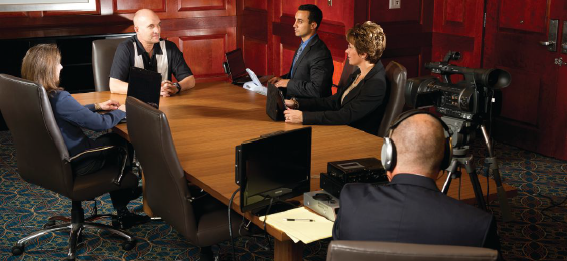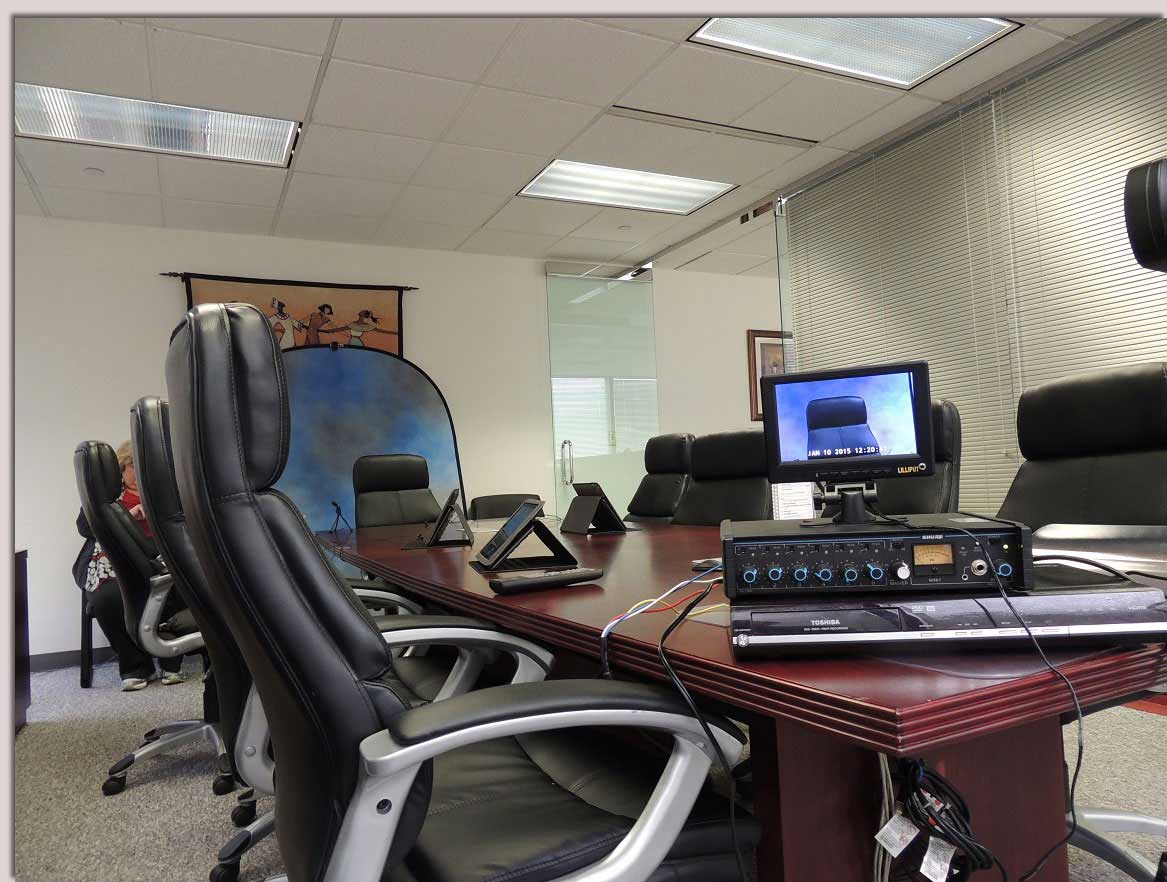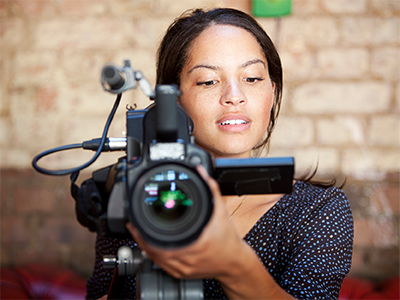Cost-Effective Legal Videography Services.
Cost-Effective Legal Videography Services.
Blog Article
The Role of Legal Videography in Depositions and Tests
Legal videography has emerged as an important tool in both depositions and trials, providing a complex strategy to recording witness statements. As legal professionals increasingly identify its worth, it triggers a deeper exam of just how these aesthetic records can affect juror assumptions and trial outcomes.
Relevance of Lawful Videography
Legal videography plays a critical duty in the documentation and discussion of depositions and trials. This specialized area integrates technical abilities with legal knowledge to develop a trusted document of proceedings that can significantly affect situation outcomes. The aesthetic aspect of lawful videography improves the understanding of witness testimony, permitting jurors and judges to observe not just the spoken words yet likewise the behavior, feelings, and body movement of the witnesses.

The value of legal videography extends beyond the court; it also plays a vital duty in maintaining proof for future recommendation, whether for charms or further lawsuit. Its combination right into the legal process is important for ensuring a reasonable and precise representation of the realities, eventually contributing to the pursuit of justice.

Refine of Legal Videography
While recording the nuances of depositions and tests, the procedure of lawful videography includes several important steps that guarantee top quality, exact recordings. An expert legal videographer prepares by reviewing the situation products and comprehending the details requirements of the deposition or trial. This prep work consists of familiarizing themselves with the participants and the context, which aids in catching relevant information.
On the day of the recording, the videographer establishes the required tools, which usually consists of high-def cameras, microphones, and proper lighting. Guaranteeing ideal angles and sound quality is essential, as it directly impacts the effectiveness of the recording. The videographer communicates with lawyers and individuals to develop procedures, guaranteeing that everyone understands the recording procedure.
Throughout the deposition or test, the videographer thoroughly tape-records the procedures, paying very close attention to both spoken and non-verbal signs. legal videography. This consists of capturing the disposition and reactions of witnesses and lawyers. After the session wraps up, the videographer may edit the video for clearness and compliance with lawful requirements, producing an end product that accurately reflects the process for future recommendation and use in lawful contexts
Benefits in Depositions
The unification of videography in depositions uses various benefits that improve the overall procedure of gathering proof. One main benefit is the capacity to capture witness testaments with visual and acoustic fidelity, providing an extra accurate depiction of the witness's behavior, tone, and body language. This multidimensional strategy enables lawyers and juries to assess credibility a lot more effectively than typical written transcripts alone.
In addition, videographed depositions work as an effective tool for maintaining statement. Should a witness ended up being inaccessible for trial, their videotaped deposition can be played in court, guaranteeing that their straight from the source proof remains obtainable and appropriate. This facet considerably lowers the risk of shedding essential details that could influence situation end results.
Additionally, using legal videography advertises better preparation for lawyers. Examining video clip footage enables lawful teams to examine and refine their techniques, identifying toughness and weaknesses in their cases. This preparatory benefit my latest blog post can lead to even more compelling discussions in court.
Lastly, videography improves the total professionalism of the deposition process, instilling confidence in clients relating to the thoroughness of their lawful representation. By leveraging innovation, attorneys can significantly enhance the efficiency of depositions.
Effect on Tests
In several tests, the integration of videography can substantially influence the presentation of proof and the court's understanding. Lawful videography records witness testaments and critical evidence in a dynamic format, enabling jurors to involve with the product on numerous degrees. This aesthetic element enhances the storytelling facet of a test, supplying context and emotional resonance that traditional text-based proof might lack.
Furthermore, video clip recordings can function as effective tools for impeachment throughout interrogation. When inconsistencies occur between a witness's previous statements and their courtroom testament, video clip evidence gives an unbiased recommendation that can sway jurors' point of views. This immediacy and clearness can reinforce the integrity of a celebration's narrative while simultaneously threatening opposing disagreements.
Additionally, using videography can help enhance complicated details, making it a lot more accessible to jurors that might battle to understand complex details provided only with verbal testimony. By incorporating visuals with auditory details, legal videography can improve retention and understanding, ultimately affecting the jury's decision-making process. For that reason, the influence of videography in trials prolongs past simple aesthetics; it plays a critical function in forming the legal landscape and results.
Future Trends in Legal Videography
As we look towards the future of lawful videography, several emerging fads assure to reshape its function within the court room. One significant pattern is the combination of artificial intelligence (AI) in video evaluation and editing and enhancing - legal videography. AI can improve the process of determining vital moments in tape-recorded depositions, enabling lawyers to promptly access relevant content, consequently boosting performance in case preparation
Furthermore, the increase of online fact (VIRTUAL REALITY) and boosted reality (AR) innovations is expected to transform exactly company website how jurors experience proof. By submersing jurors in a substitute setting, these modern technologies can give a more profound understanding of complex scenarios, leading to more informed deliberations.

In addition, the raising need for remote depositions, sped up by the COVID-19 pandemic, will likely proceed. Lawful videographers will need to adjust to brand-new software program and systems to make sure high-quality recordings in digital setups.
Last but not least, the expanding emphasis on data protection will certainly require stricter protocols for storing and sharing video clip proof. As the lawful landscape progresses, legal videographers must remain abreast of these patterns to preserve their significance and effectiveness in the judicial procedure.

Conclusion
In recap, legal videography serves a crucial function in the judicial process, improving the integrity of depositions and tests. As innovation proceeds to develop, lawful videography is positioned to additional change its role within the lawful landscape.
Report this page